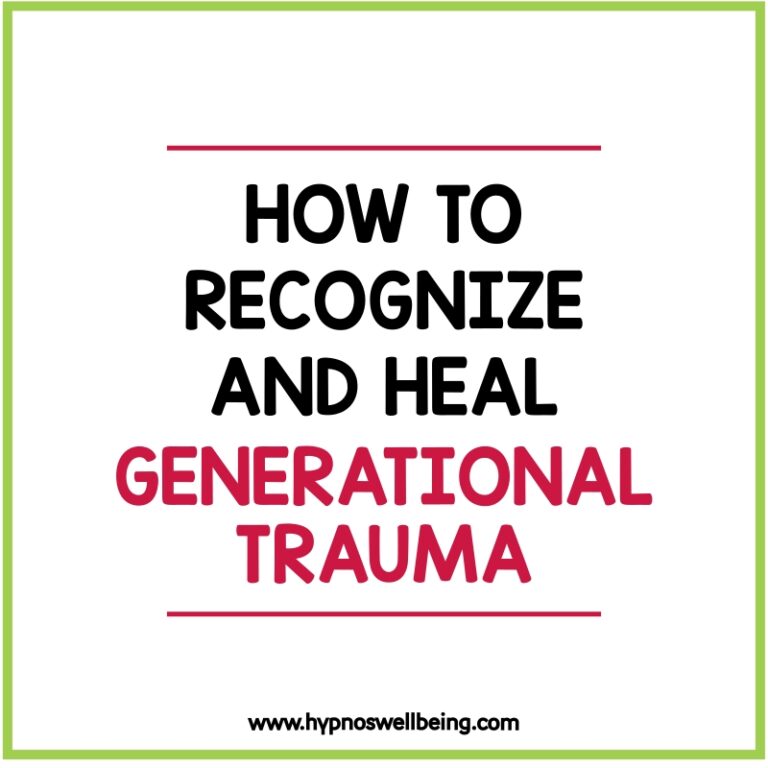
On the simplest level, the concept of intergenerational trauma acknowledges that exposure to extremely adverse events impacts individuals to such a great extent that their offspring find themselves grappling with their parents’ post‐traumatic state. There is now converging evidence supporting the idea that offspring are affected by parental trauma exposures occurring before their birth, and possibly even prior to their conception. Elucidating the role of epigenetic mechanisms in intergenerational effects through prospective, multi‐generational studies may ultimately yield a cogent understanding of how individual, cultural and societal experiences permeate our biology. Given the paucity of human studies and the methodological challenges in conducting such studies, it is not possible to attribute intergenerational effects in humans to a single set of biological or other determinants at this time. The most compelling work to date has been done in animal models, where the opportunity for controlled designs enables clear interpretations of transmissible effects. Several factors, such as sex‐specific epigenetic effects following trauma exposure and parental developmental stage at the time of exposure, explain different effects of maternal and paternal trauma.

The second includes epigenetic changes associated with a preconception trauma in parents that may affect the germline, and impact fetoplacental interactions. These can result from the influence of the offspring's early environmental exposures, including postnatal maternal care as well as in utero exposure reflecting maternal stress during pregnancy. The first involves developmentally programmed effects. Two broad categories of epigenetically mediated effects are highlighted. Neuroscience & Biobehavioral Reviews, 48, 70–91.This paper reviews the research evidence concerning the intergenerational transmission of trauma effects and the possible role of epigenetic mechanisms in this transmission. Stress-induced perinatal and transgenerational epigenetic programming of brain development and mental health. Journal of Aggression, Maltreatment & Trauma, 25(4), 382–399.īabenko, O., Kovalchuk, I., & Metz, G. Intergenerational transmission of trauma-related distress: Maternal betrayal trauma, parenting attitudes, and behaviors. Medicine, Health Care and Philosophy, 11(1), 89.īabcock Fenerci, R. The balancing act: psychiatrists’ experience of moral distress. European Archives of Psychiatry and Clinical Neuroscience, 256(3), 174–186.Īustin, W. The enduring effects of abuse and related adverse experiences in childhood. Sommer (Eds.), Handbook of post traumatic therapy (pp. Intergenerational consequences of trauma: Refraining traps in treatment theory: A second generation perspective. Intergenerational trauma Prevention Psychiatry Relational trauma Transgenerational trauma Traumatic stress.Īlbeck, H. Alongside this, there is an indicated need for examination of how systems can ensure access to appropriate services once organisations become trauma-informed. Findings have implications for training, advocacy and research on the relationship between trauma and mental illness. They feel powerless when faced with directly intervening with intergenerational trauma and required restructuring of their roles to adequately address it in public settings.

Findings revealed that psychiatrists observe intergenerational trauma frequently in their roles and try to opportunistically promote awareness of trauma with adults, and refer families to external services for supportive interventions. This qualitative study aimed to explore how psychiatrists understand intergenerational trauma in respect to their practice, for the purposes of identifying interventions for addressing intergenerational trauma in public mental health services. Intergenerational trauma is a discrete form of trauma which occurs when traumatic effects are passed across generations without exposure to the original event.


 0 kommentar(er)
0 kommentar(er)
